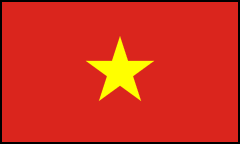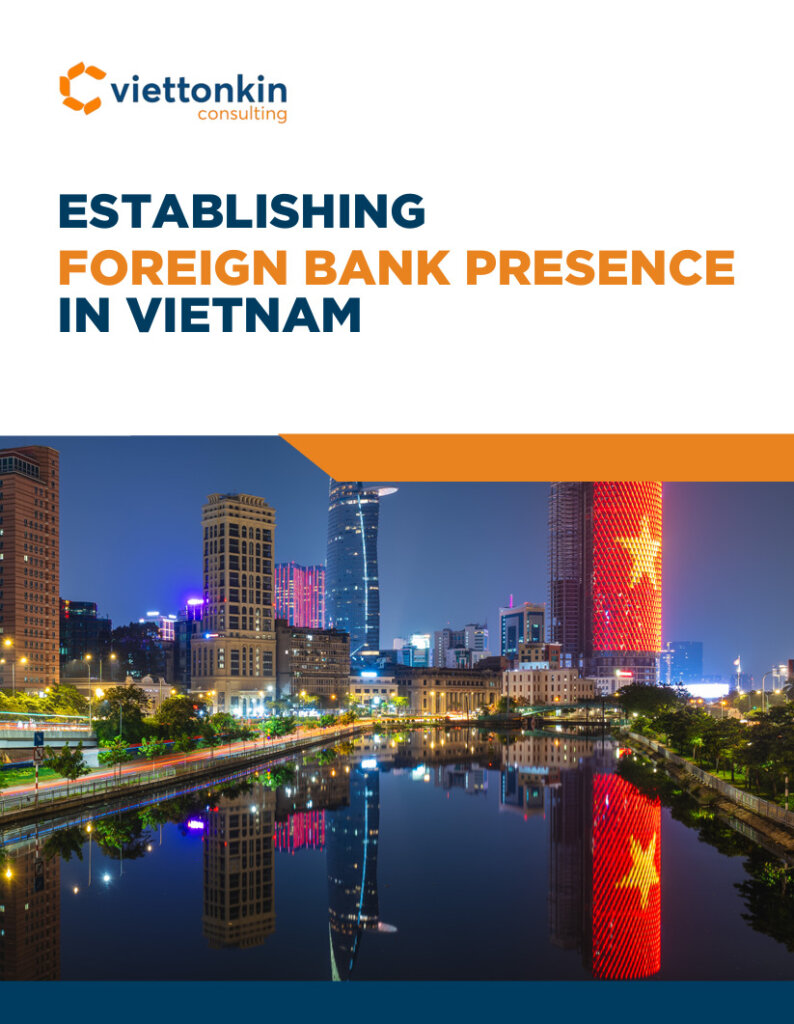This article focuses on getting a Resident Card or well known as Permanent Resident in Singapore. It may be useful for those who are planning to stay in Singapore for a long term. Let’s keep reading the article!
General Information About Resident Card in Singapore
Singapore has a population of approximately 4.7 million and currently ranked the 5th least corrupt country in the world. Also, the country is highly interested in acquiring new residence and skilled labour to boost its economy.
The government is well known for conducting open and fair policy towards constantly introducing new laws, tax relieves and regulations to enhance the countries’ business environment even more.
It is no surprise that many people are pursuing their dream jobs in the country, as it becomes the safest country, fair regulations, and very competitive salaries.
Before staying and working in Singapore for a long time, you will need a Permanent Residence (PR). It will enable foreign employees and entrepreneurs to stay in the country indefinitely, so you can have the perks and benefits that Singaporean citizens have.
Once you obtain a Singapore PR, you will be given a Blue Card which serves as an identity document. You can live, enter and leave Singapore without applying for a separate visa to travel or work.
The other benefit of having a PR is you can have the opportunity to change jobs without having to re-apply for a Singapore work permit. Being a Singapore PR can be provided financial and tax benefit through the country’s Central Provident Fund or known as CPF.
In addition, Singapore PRs have better chances of getting various loans approved, such as housing loans. They are also eligible to purchase second-hand units of government HDB flats. After a certain number of years, Singapore PRs are qualified to apply for full Singaporean citizenship and have the same rights as locally-born citizens.
If you are interested in getting a resident card or well known as PR in Singapore, it’s better to keep reading the article, because you will be given information about the types of PR schemes, the requirements, the documents that you need to prepare, and fee!
The Types of Permanent Resident
In this part, we will let you know about there are 3 types schemes to obtain a PR in Singapore:
Scheme 1 : Foreign Professionals, Technicians, and Skilled Workers.
This scheme suits for individuals who are currently working in Singapore for a certain period of time. The longer a foreigner has worked and contributed to the Singapore economy, the better it looks on paper when an application is sent for processing.
Therefore, when the Immigration and Checkpoints Authority (ICA) assesses you for your candidacy, it will be based on your personal and professional merits you have acquired and built over the years while working in Singapore.
If you are a professional worker, and currently holding an Employment Pass or S Pass and planning to apply for a PR visa in the future, you need to plan and build an excellent employment profile.
Scheme 2: Investors or Global Investor Programme.
This suits for foreign investors who are willing to invest at least S$2.5 million into a new Singaporean business start up, existing business, or a GIP-approved fund. The entrepreneurs are required to have a good entrepreneurial background, a good track record of your business, and an investment plan prepared.
Scheme 3: Foreign Artist with an Effort to Become More of an Artistic Hub in Southeast Asia.
The government has created a special scheme for foreign artists who want to move to Singapore. The scheme helps professionals who are working in the arts, music, dance, photography industries. Those who work in the literature, theatre or cinematography specialization can also move to the country.
Artists who wish to apply for this scheme should take a note that their only requirement is that they should be fairly established internationally.
The Requirements To Apply Permanent Resident Card
There are some requirements for you to apply for a PR in Singapore, so you can enjoy the benefits as the locals have. As a foreigner, you may be eligible to apply a Singapore PR if you are:
- Spouse of a Singapore Citizen (SC) or Singapore Permanent Resident (PR).
- Unmarried child aged below 21 born within the context of a legal marriage to, or have been legally adopted by a SC or PR.
- Aged parent of a SC.
- Holder of an Employment Pass or S Pass.
- Student who is studying in Singapore.
- Foreign investor in Singapore (over S$2.5 million in Singapore).
When applying for a Singaporean PR, you will also need to prepare the supporting documents. You can read through the notes below and it depends on your status right now!
- If you are a spouse of a SC or PR, or child of a SC or PR who is unmarried and aged under 21
- You need to submit Explanatory Notes and Document List (spouse with/without accompanying child or children)
- Submit an Explanatory notes and Document List (child or children only)
- Aged Parent of a SC
- Explanatory Notes and Document List
- Holder of an Employment Pass or S Pass
- Explanatory Notes and Document List
- Student Who is Studying in Singapore
- Explanatory Notes and Document List
If you are a foreign investor in Singapore, you can apply for PR at the Singapore Economic Development Board under the Global Investor Programme.
After providing the required documents, you need to pay a $100 non-refundable processing fee for each applicant at the point of submission of the PR application. If your application is successful, you need to pay the following fees, such as:
- S$100 for Entry Permit (for PR applications submitted before 18 December 2017)
- S$20 for Entry Permit (for PR applications submitted from 18 December 2017 onwards)
- S$50 for a 5-year Re-Entry Permit
- S$50 for Identity Card
- S$30 per Entry Visa (foreigners that are requiring a visa)
In general, the processing time for a PR application if it's submitted with the correct documents, is 4 to 6 months. However, some applications may take longer to process.
Getting a Resident Card or Permanent Resident in Singapore is difficult, but it’s possible to have one and enjoy the benefits that will be granted to you. As long as you have enough time to prepare everything, you will be alright! If you have any unsure things, you can contact us below as Viettonkin will always help you!
 English
English









